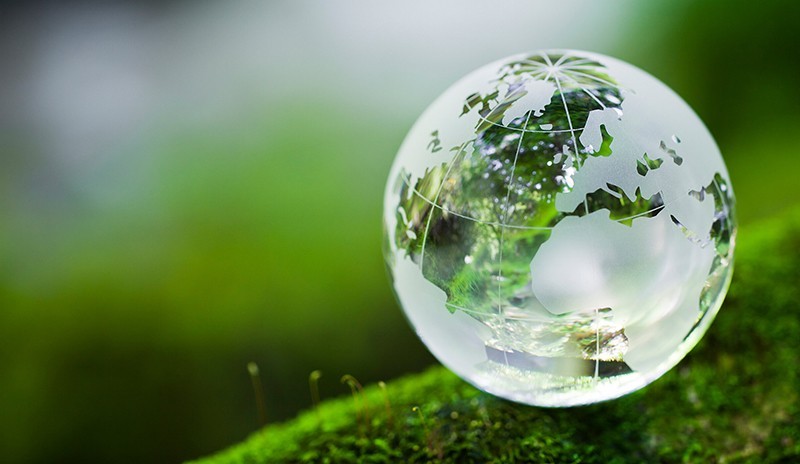The Bonn Climate Change Conference is taking place in the German city of Bonn from June 5 to 15, with a strong focus on discussing substantive and concrete measures to curb the global warming. There is a growing opinion that efforts to protect the climate and the Earth have not yet achieved the desired results.

Responsibility to protect the green planet (Source: undp.org)
The meeting in Bonn is considered an important negotiation to prepare for the 28th Conference of the Parties to the United Nations Framework Convention on Climate Change (COP28), which will convene in the United Arab Emirates (UAE) in late November.
More than 5,000 delegates from around 200 countries gathered at the Bonn conference to discuss progress and limitations in the fight against global warming.
Issues including financial support for climate change response and energy transition plans as well as compensation for affected countries of climate damage were also put on the table.
While affirming the importance of this annual meeting, German State Secretary and Special Envoy for International Climate Action Jennifer Morgan stated that the conference aims to build a broad coalition for an ambitious global climate policy, enabling us to make ground-breaking decisions.
Many argue that, although the general awareness of the dangers of climate change has been markedly increased in recent years, the actions of countries are still not drastic enough and have not yet achieved the desired results.
The ability to slow the rate of global warming mostly depends on whether countries realise their commitments to reducing or limiting emissions. According to a recent report, nearly all of the 35 countries accounting for more than four-fifths of global greenhouse gas emissions got low marks for their net zero plans. Most of the world’s major emerging economies – such as Brazil, India, South Africa and Indonesia, for example – got the lowest ratings.
Meanwhile, according to the European Investment Bank (EIB) Climate Survey, 88% of African respondents believe that climate change is already affecting their everyday life. Although Africa accounts for only about two to three per cent of global greenhouse gas emissions, it suffers disproportionately from it.
The above figures once again emphasise the sharing responsibility in the common fight against climate change, especially the obligations of countries with most greenhouse gas emissions.
In 2022, COP27 made positive progress with the establishment of the “Loss and Damage” Fund for Vulnerable Countries.
Following the outcomes of COP27, it is expected that more progress on climate issues will be made at the upcoming COP28.
COP28 President Sultan Al-Jaber has reiterated his determination to accelerate the reduction of fossil fuel use. He said that the COP28 roadmap includes the realisation of the global goal of trebling renewable energy, doubling energy efficiency, and doubling “clean hydrogen” by 2030.
Meanwhile, the ravages of climate change are being seen at an increasing rate. According to new research, about 2 billion people will live in hazardous heat conditions by the end of the century if climate policies continue on their current trajectory.
Scientists from the US National Oceanic and Atmospheric Administration (NOAA) said that El Nino has officially returned and is likely to yield extreme weather later this year, from tropical cyclones to heavy rainfall and drought.
The fight against climate change is facing the danger of deviating due to the sharp increase in fossil fuel consumption in recent years. Warnings and commitments have been made by the international community, but more substantive, responsible, and bolder actions are needed to protect the habitat and prevent the rise in Earth's temperature.
Tuong Vy - Translated by NDO